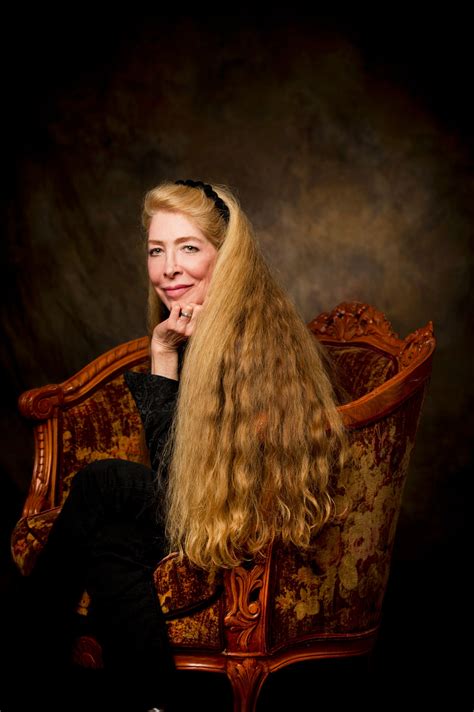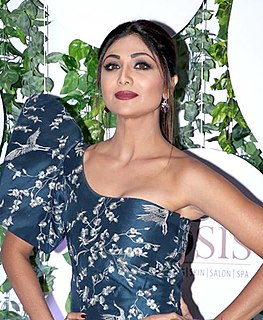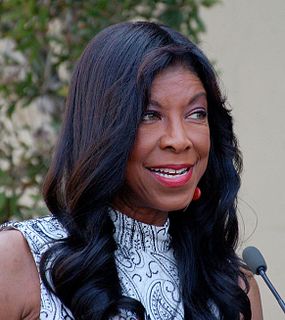Цитата Дэйва Эггерса
Я думаю, что почти каждый писатель в мире надеется, что о книгах всегда будут говорить с уважением, вежливостью, глубиной и серьезностью.
Связанные цитаты
Я в восторге от того, как Элла Фитцджеральд произнесла текст. Она произносила лирику с такой ясностью, что вы задавались вопросом, почему она была написана, и заставляла вас думать о писателе. Я думаю, что каждый писатель надеется, что Элла любого жанра и в любое время возьмется за их работу и запишет песню именно так.
Я хочу счастливого брака и всего, что нужно для этого. Но я думаю, что главным условием должно быть уважение. Он должен уважать меня и наоборот. И это было бы важнее, чем быть влюбленным. Я думаю, что уважение действительно имеет большое значение. И он должен был сделать меня счастливой. И он должен быть очень, очень безопасным.
Я не меняю язык для детских книг. Я не упрощаю язык. Я использую слова, которые им, возможно, придется поискать в словаре. Книги короче, но если честно, то особой разницы нет. И самое смешное, что у меня есть взрослые друзья-писатели, [которым я бы сказал]: «Не могли бы вы написать детскую книгу?» и они говорят: «Нет, Боже, я не знаю как». Они довольно запуганы концепцией этого. И когда я спрашиваю авторов детских книг, не могли бы они написать взрослую книгу, они отказываются, потому что думают, что слишком хороши для этого.
Есть цитата писателя Эмиля Чорана, румынского писателя. Он говорит, что в книги следует помещать только то, что вы никогда не посмеете сказать людям в реальной жизни. Итак, возникает чувство острого смущения или того, что вы были слишком откровенны. Я думаю, что это своего рода механизм выживания, когда я никогда не думаю о читателе. Потому что тогда я бы начал подвергать себя цензуре.
Думаю, если бы я читал внуку, я бы прочитал «Войну и мир» Толстого. Они узнают о России, узнают об истории, узнают о человеческой природе. Они узнают о том, «Может ли человек изменить ситуацию или это великие силы?» Толстой всегда борется с этими большими проблемами. В основном, благодаря этой книге для них оживал целый мир.






































